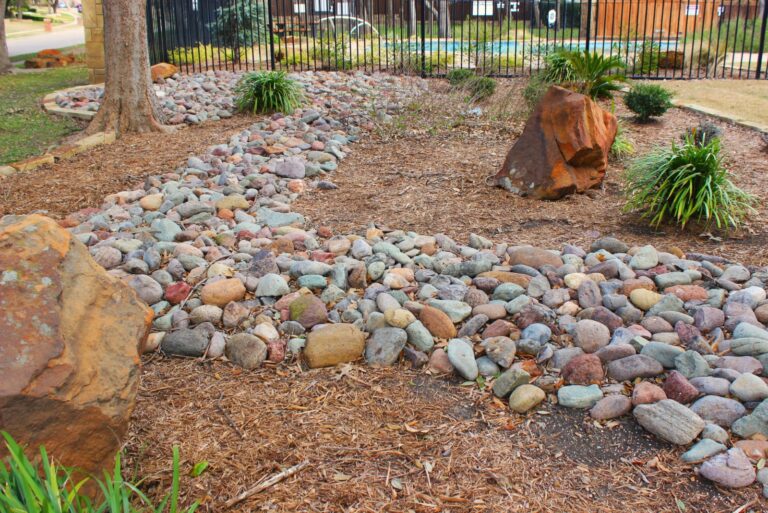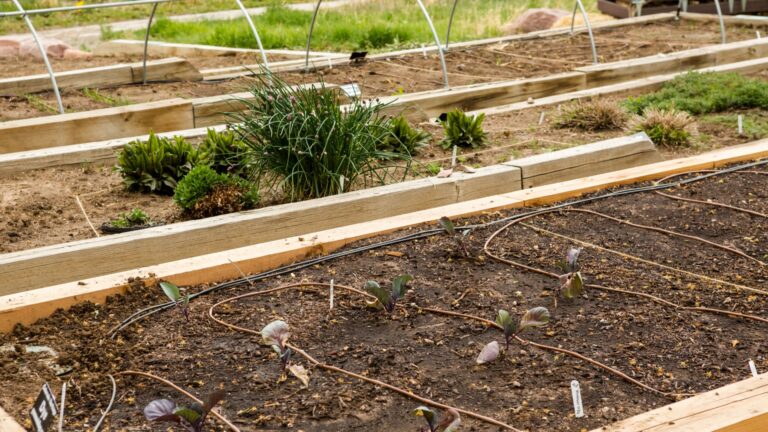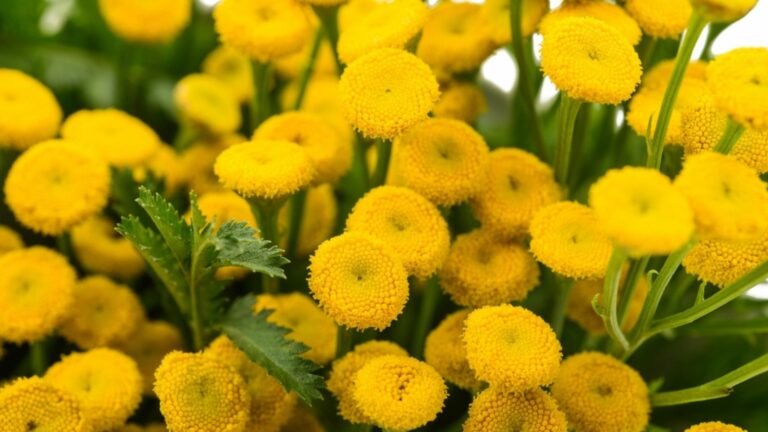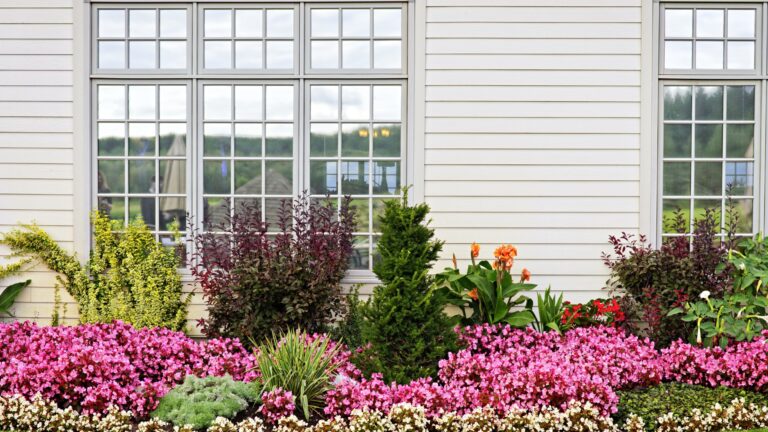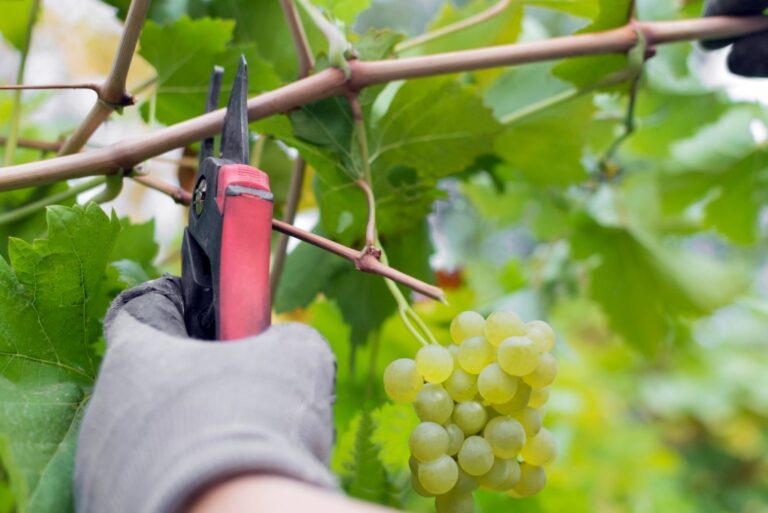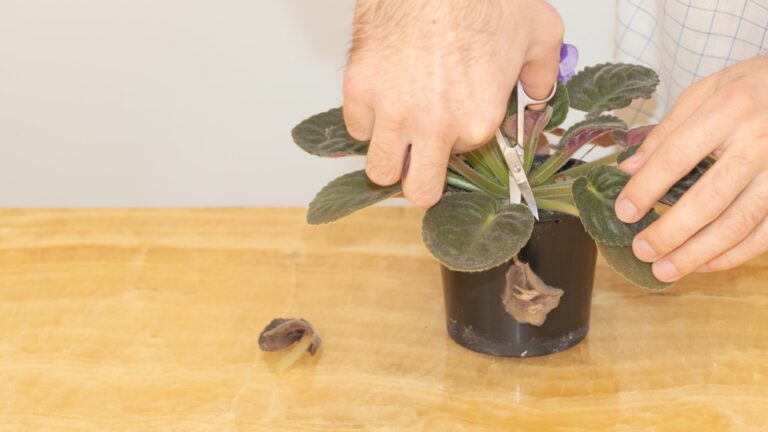How To Make Your Own Nutrient-Rich Compost For Thriving Plants – 25 Ways To Boost Your Garden Game Naturally
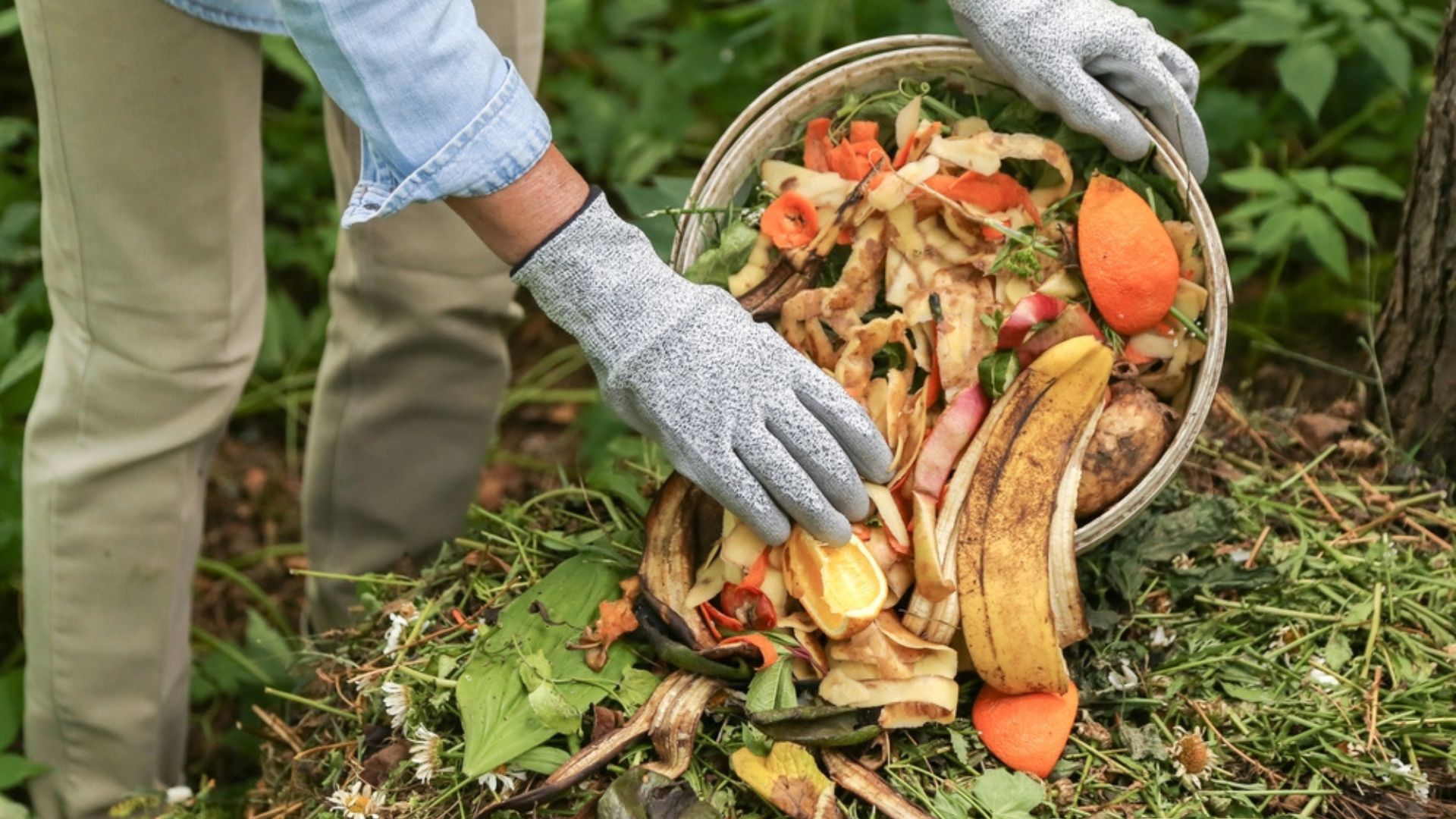
If your plants are looking a little meh, it might be time to give them what they really want: nutrient-rich, homemade compost. The good news? You don’t need fancy tools or a science degree to make it happen.
Composting is way easier (and honestly more satisfying) than it sounds—and once you get into it, there’s no going back. From kitchen scraps to yard clippings, we’ve rounded up 25 ways to turn everyday waste into garden gold. Let’s get your compost game strong and your plants thriving like the green queens they are.
1. Eggshell Powder
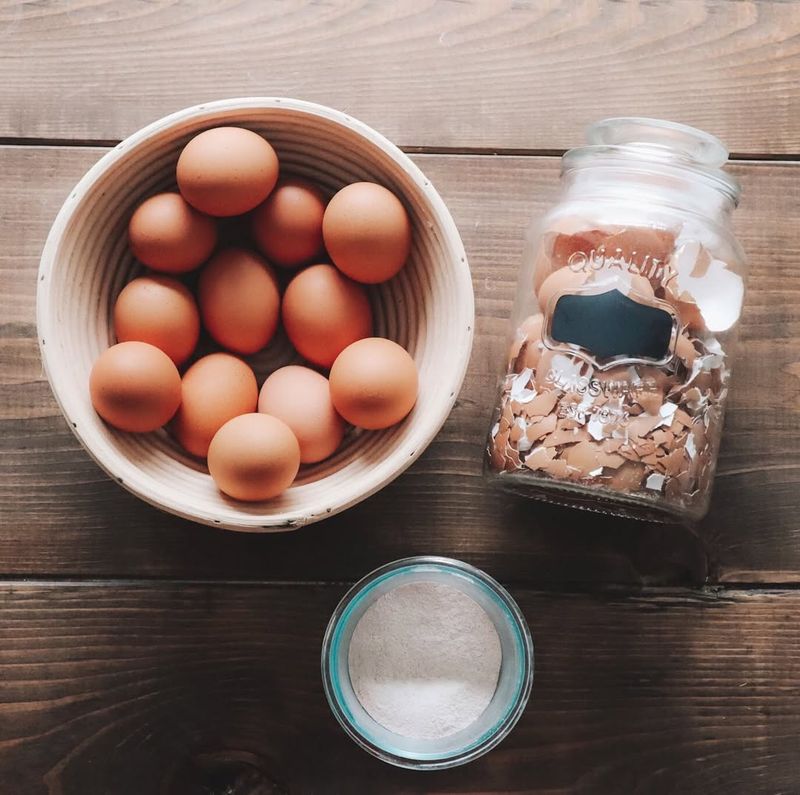
Cracking into composting with eggshells is a game-changer. These little wonders are perfect for providing calcium to your plants. Simply crush them into a fine powder and sprinkle them into your compost bin. The calcium will slowly break down, nourishing your soil.
Plus, using eggshells helps reduce waste in your kitchen. Why throw away something so beneficial? Add this simple yet effective ingredient to your compost and watch your plant friends thrive. Who knew breakfast leftovers could be so valuable?
2. Coffee Grounds
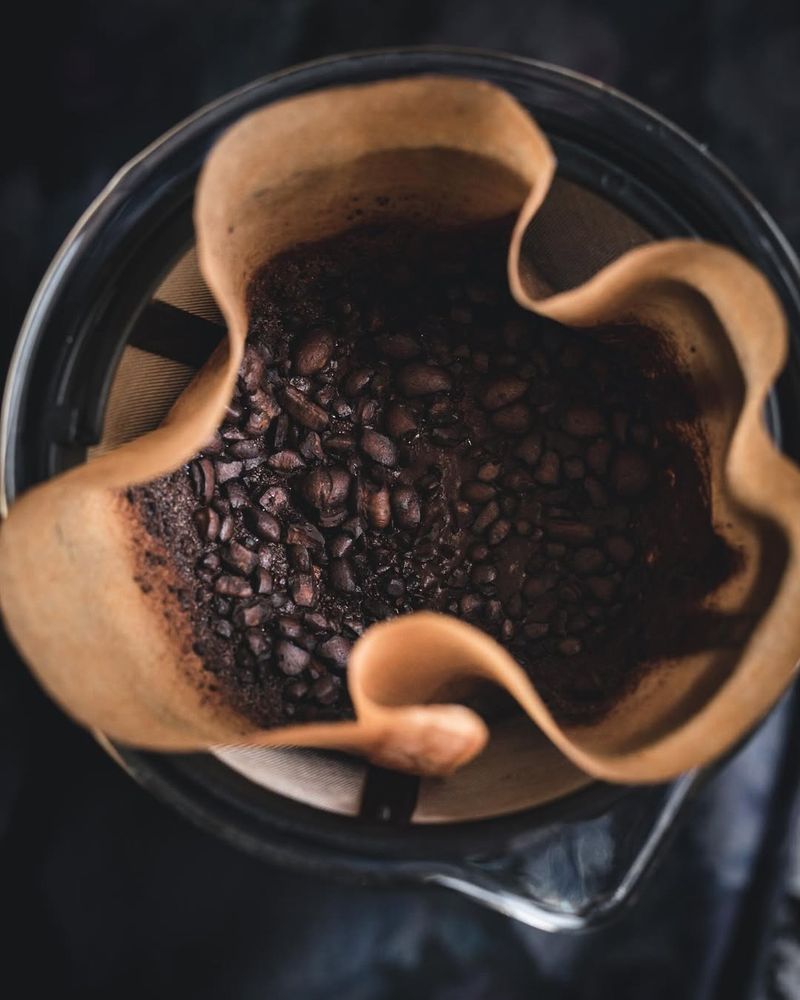
Waking up with coffee? Your plants can too! Coffee grounds are rich in nitrogen, making them an excellent addition to your compost. Just toss those used grounds into your pile, and let them work their magic.
Who doesn’t love the fresh smell of coffee in the garden? It’s like breakfast for your plants every day. Don’t worry; it’s not just a caffeine fix. Coffee grounds provide essential nutrients that help your plants grow strong and lush.
3. Banana Peels
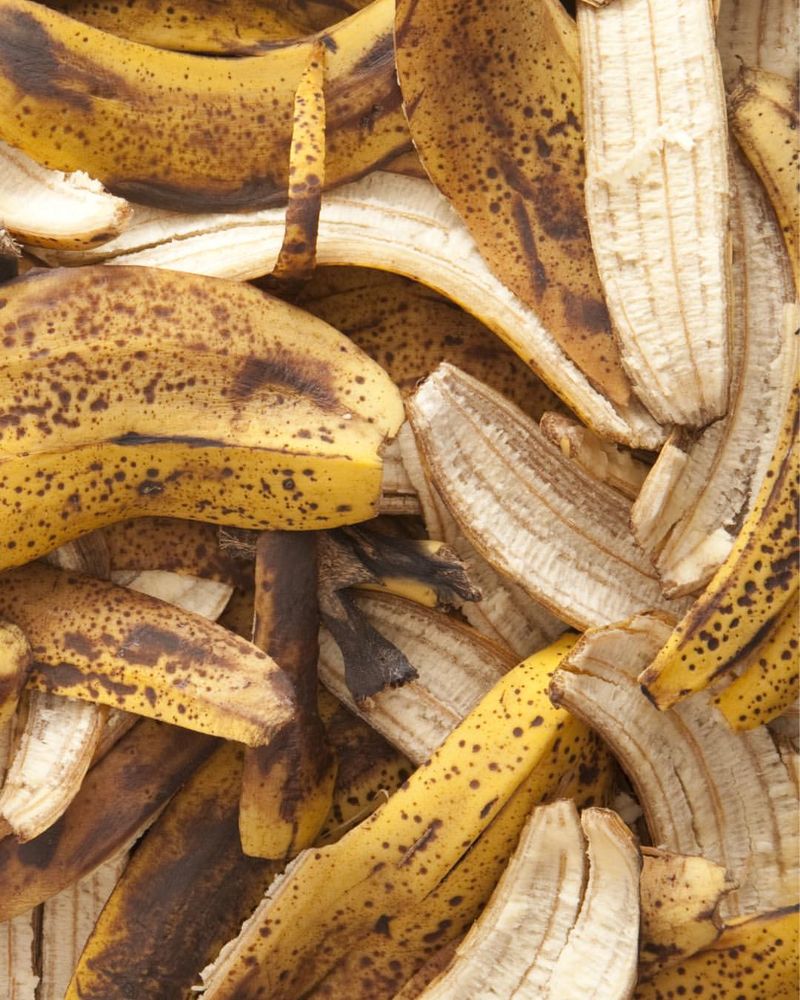
Who knew banana peels had a second life? Toss them into your compost to add potassium and phosphorus. These nutrients are vital for plant growth and fruit production. Simply chop them up and mix them with other compost materials.
It’s an easy way to enrich your compost without extra cost. The next time you enjoy a banana, think of it as a gift to your garden. Your plants will thank you with vibrant blooms and succulent fruits.
4. Grass Clippings
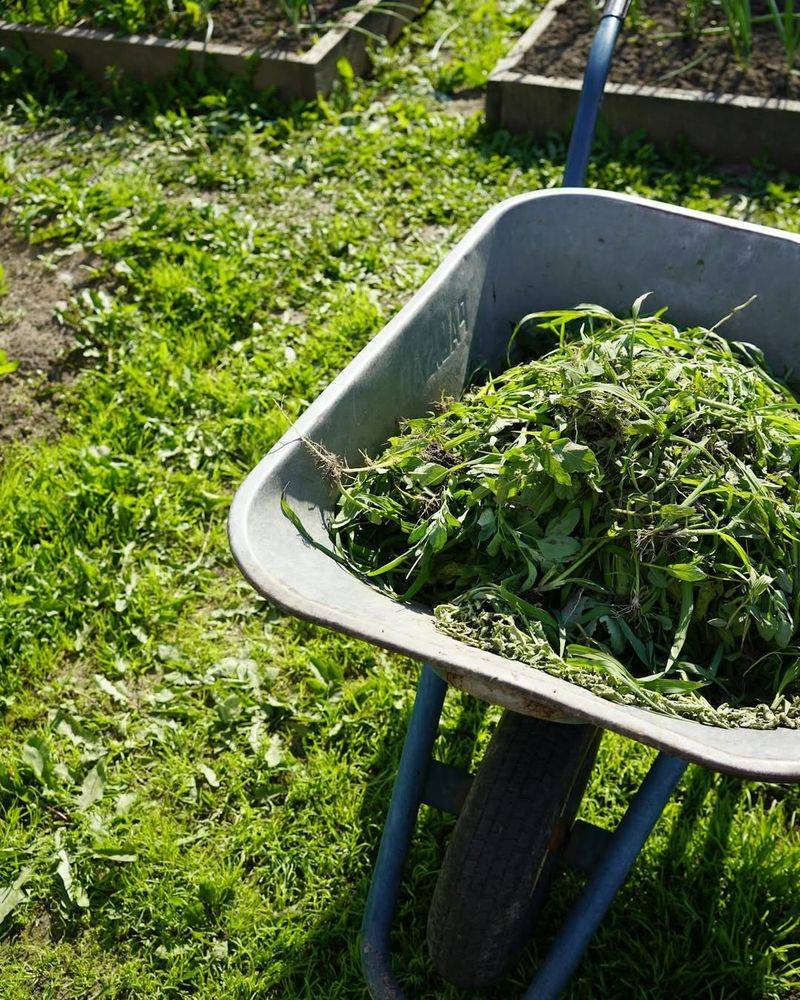
Ever wonder what to do with those grass clippings? Turn them into compost gold. Packed with nitrogen, they break down quickly and add essential nutrients to your pile. Place them in thin layers to avoid a soggy mess, and let them do their magic.
It’s a simple way to recycle yard waste and nourish your garden at the same time. Who knew mowing the lawn could be so rewarding? Watch your plants thrive with this green goodness.
5. Fruit Scraps
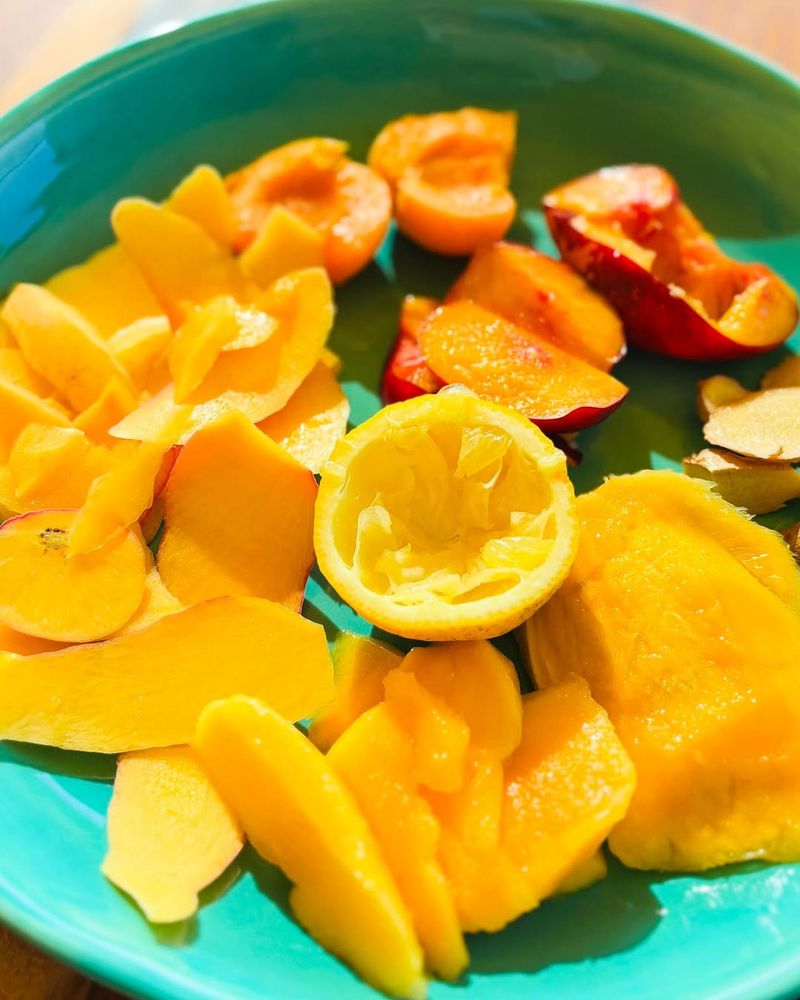
Fruit scraps aren’t just leftovers; they’re composting heroes. Filled with nutrients, they break down quickly and enrich your compost. Simply toss them in and let nature take its course. Why let those apple cores and orange peels go to waste?
Transform them into a feast for your plants. It’s an effortless way to contribute to a sustainable garden. Your plants will grow healthier and brighter with the benefits of delicious fruit scraps.
6. Vegetable Peels
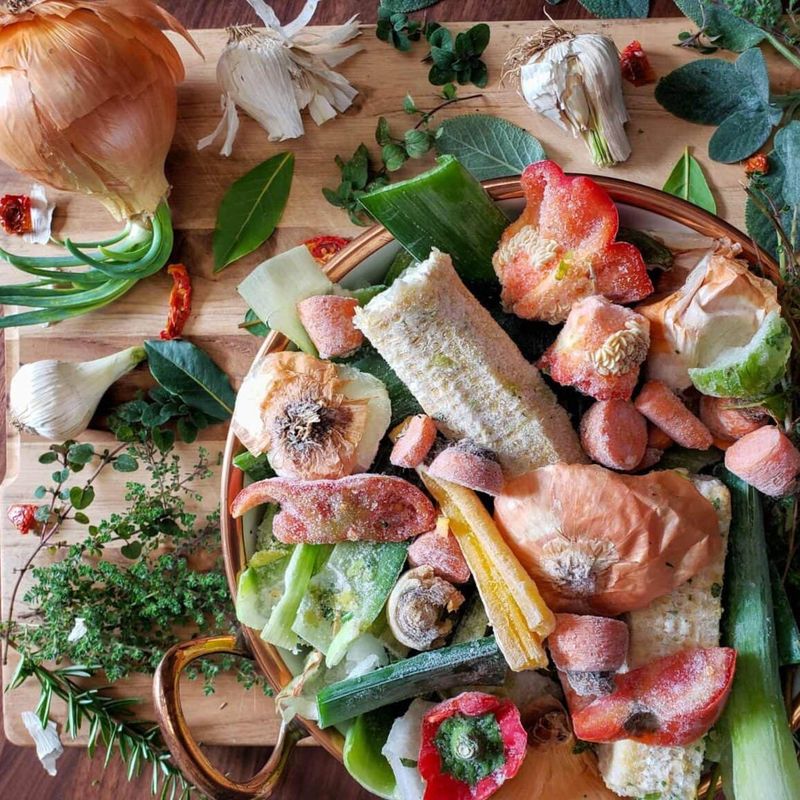
Peeling vegetables isn’t just prep for dinner; it’s prep for your compost too. Vegetable peels are nutrient-rich and break down easily, making them perfect for composting. Toss them in to promote healthy plant growth.
Why compost vegetable peels? They’re free, abundant, and packed with value. Transform your kitchen waste into a garden treasure. Your plants will love the extra boost, and you’ll feel great reducing kitchen waste.
7. Tea Leaves
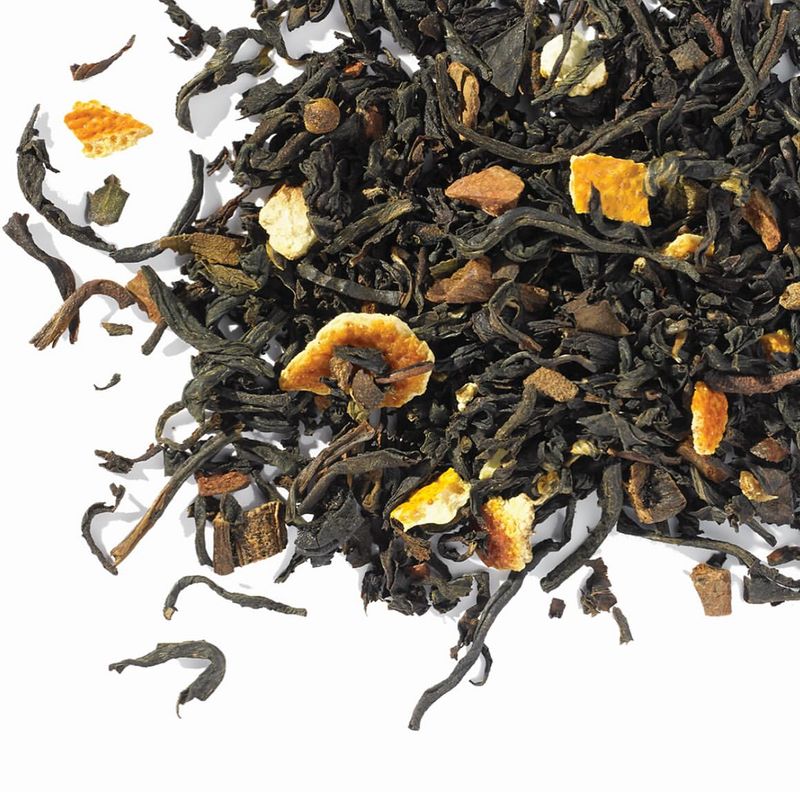
Tea time isn’t just for humans; your plants love it too. Used tea leaves are rich in nutrients, perfect for compost. Just add them to your pile and let them work wonders.
Why waste those tea leaves when they can be plant food? It’s an easy way to recycle and enrich your soil. Your garden will flourish with the benefits of this simple addition, and you’ll enjoy a more sustainable lifestyle.
8. Shredded Paper
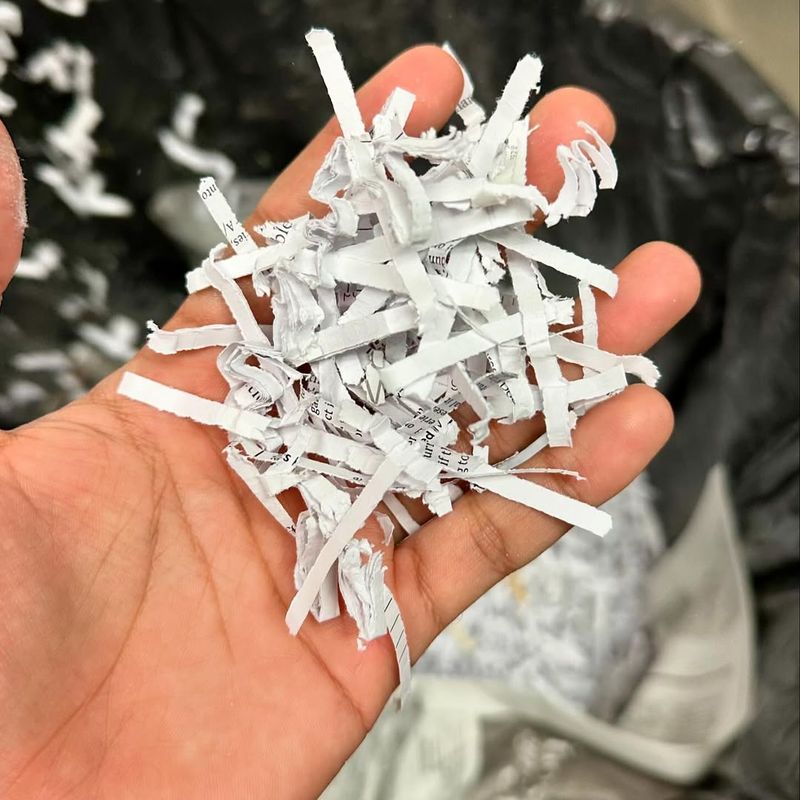
Paper isn’t just for writing; it’s for composting too. Shredded paper adds carbon, balancing the nitrogen in your pile. It’s lightweight, easy to mix, and helps prevent odor. Why toss paper in the trash when it can enrich your soil?
Recycle those old newspapers and watch your plants flourish. It’s a cost-effective way to boost your compost. Your garden will thank you with vibrant growth and lush foliage.
9. Wood Ash
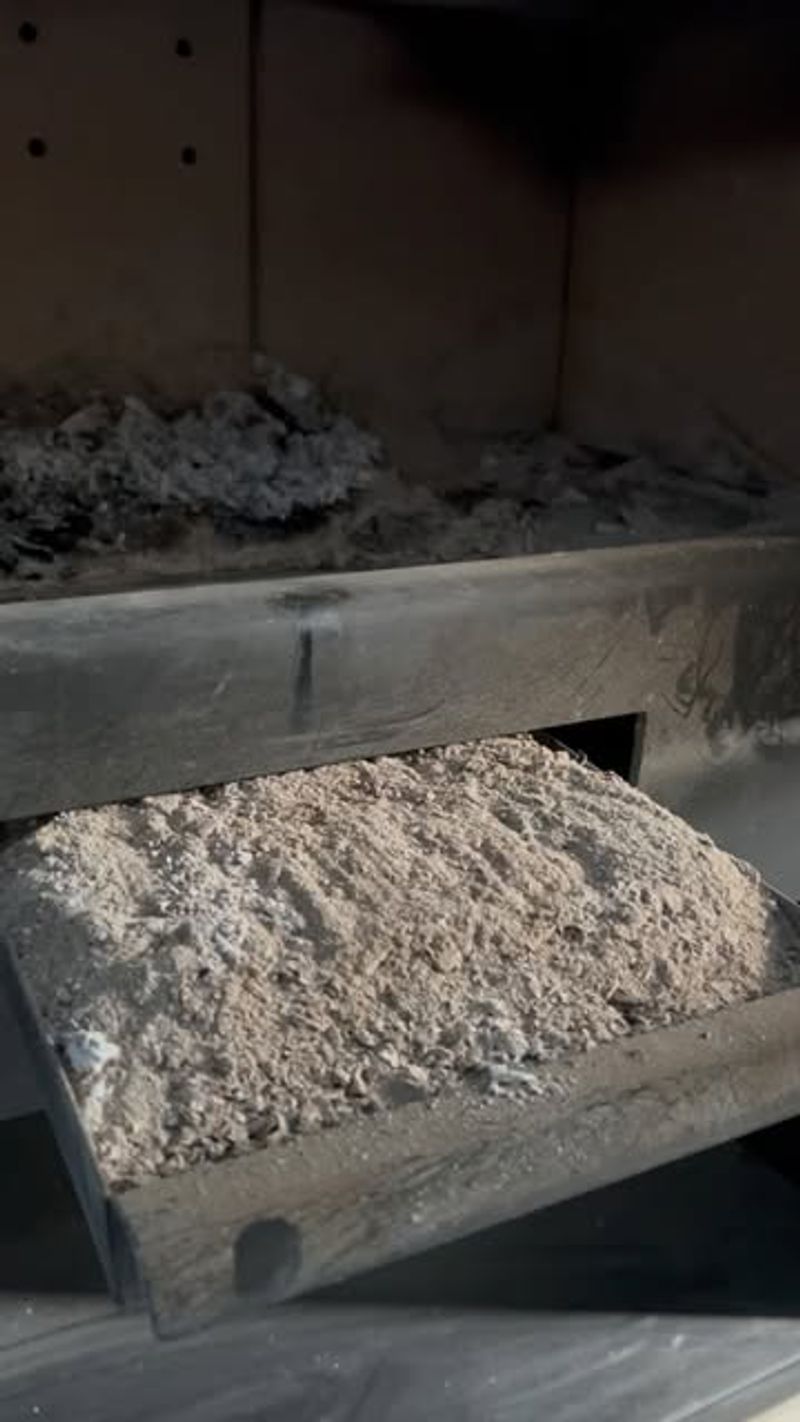
Wood ash might seem like waste, but it’s actually plant food in disguise. Rich in potassium and calcium, it’s a valuable addition to your compost. Sprinkle it carefully, as too much can alter soil pH. Why let that ash go unused?
Incorporate it into your compost and witness the benefits. Your plants will love the nutrient boost, and you’ll enjoy a more sustainable garden. It’s a simple way to reuse fireplace remnants.
10. Hair Clippings

Got a haircut? Your plants can benefit too! Hair clippings add nitrogen, slowly breaking down in your compost. It’s a quirky, eco-friendly way to nourish your soil. Why let hair go to waste when it can help your garden?
Toss it in and let nature do the rest. Your plants will appreciate the extra care, and you’ll feel good about reducing waste. It’s a win-win for you and your garden.
11. Sawdust
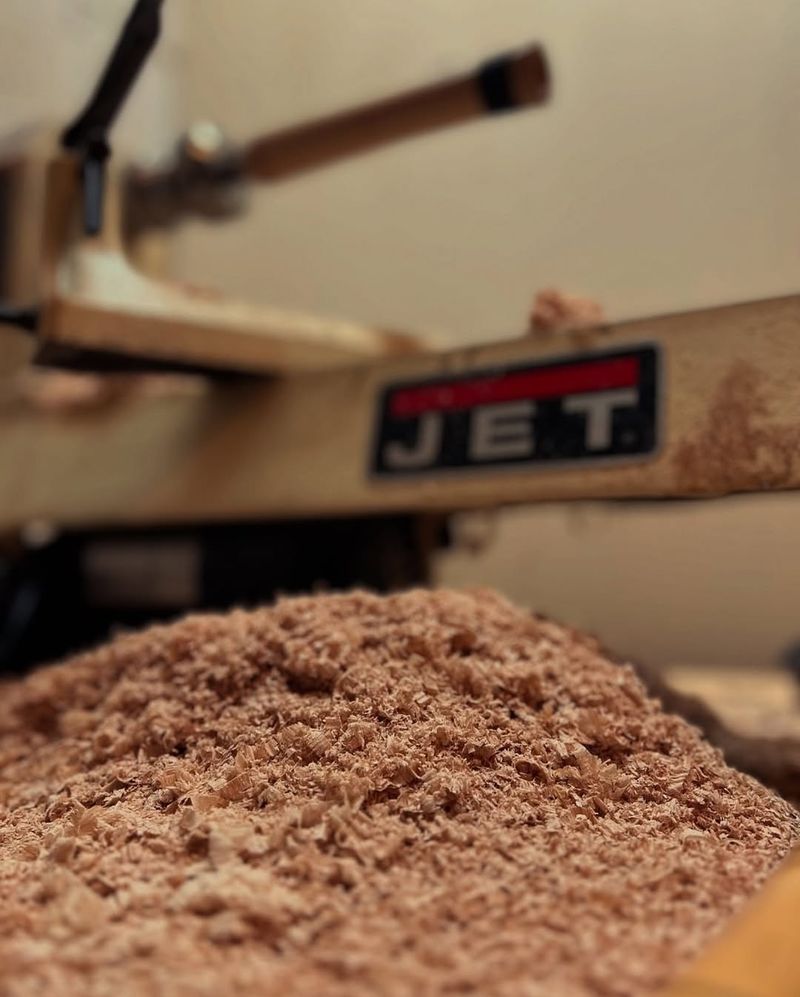
Sawdust is more than just shop waste; it’s compost gold. Rich in carbon, it helps balance your compost pile. Mix it with nitrogen-rich materials for optimal results. Why discard sawdust when it can enrich your garden?
It’s a perfect way to recycle and create a nutrient-rich compost. Your plants will thrive, and you’ll enjoy the fruits of your labor. It’s a crafty way to enhance your garden naturally.
12. Herbivore Manure
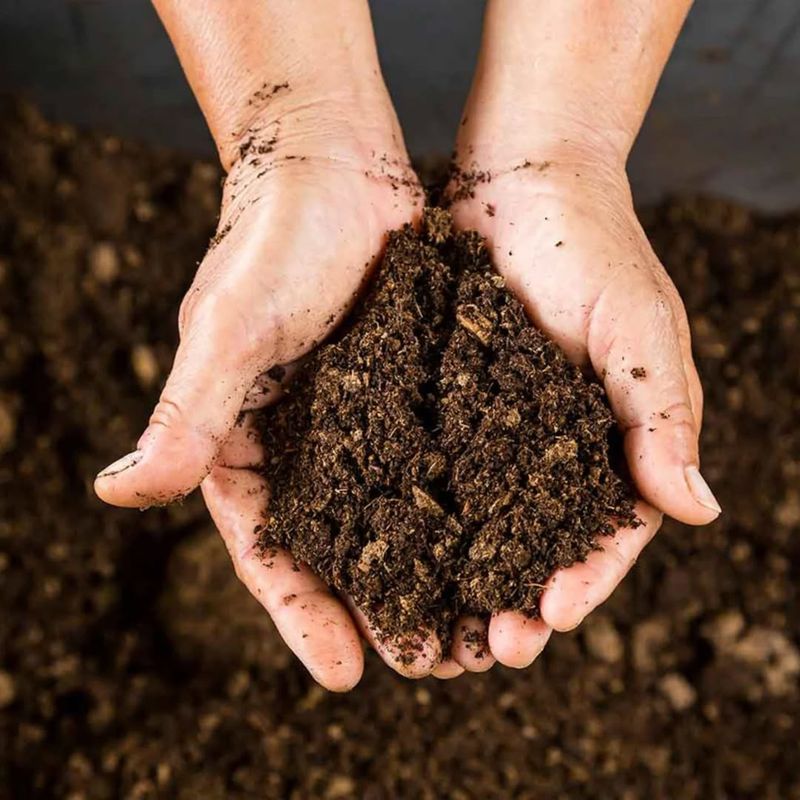
Manure might not sound appealing, but it’s a powerhouse for your garden. Packed with nutrients, herbivore manure enhances your compost. Use it sparingly to avoid overpowering your pile. Why overlook this natural fertilizer?
It’s an age-old technique with proven results. Your plants will reap the benefits, growing lush and strong. Embrace this organic method and enjoy a healthier garden. It’s nature’s way of giving back to your soil.
13. Corncobs
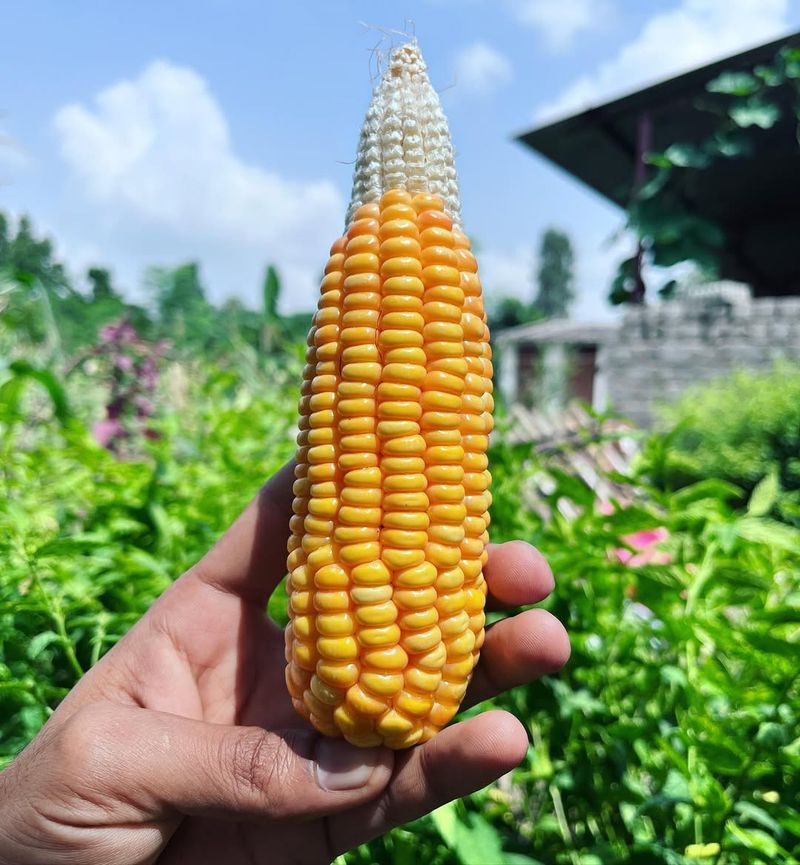
Corncobs might seem like trash, but they’re compost treasures. They break down slowly, improving soil structure. Add them to your pile and let them work over time. Why miss out on this composting gem? It’s a simple way to enrich your garden without extra cost.
Your plants will thrive with the added benefits, and you’ll make great use of those dinner remnants. Embrace this sustainable practice for a greener garden.
14. Seaweed
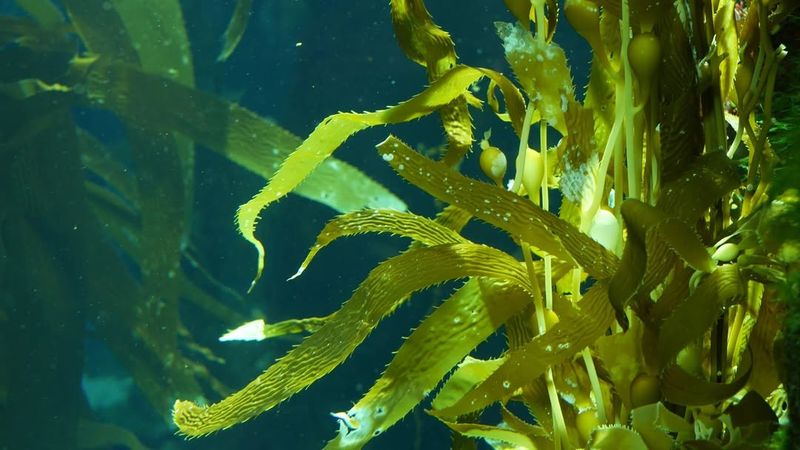
Seaweed isn’t just ocean debris; it’s garden gold. Rich in nutrients, it enhances your compost like nothing else. Simply rinse and add to your pile. Why ignore this abundant resource? It’s a natural way to nourish your soil without costing a dime.
Your plants will grow stronger and healthier with this seaside addition. Embrace the ocean’s gift and make your garden flourish. It’s a coastal twist on traditional composting.
15. Feathers

Feathers might seem light, but they’re packed with potential. Rich in nitrogen, they enrich your compost pile. Collect them and mix them in for added benefits. Why waste those feathers when they can boost your garden?
It’s an eco-friendly way to recycle and nourish your soil. Watch your plants flourish with this feathery addition. It’s nature’s way of turning flight into growth, and your garden will soar as a result.
16. Nut Shells
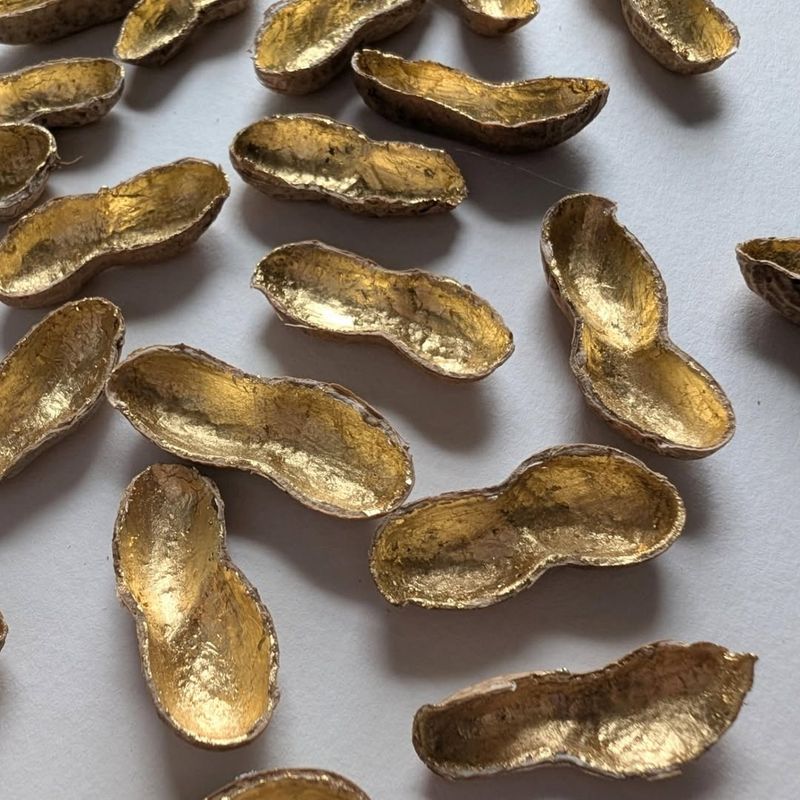
Nut shells aren’t just snack remnants; they’re compost treasures. They break down slowly, adding texture and nutrients to your pile. Crush them for quicker results and mix them in. Why toss those shells when they can enrich your soil?
It’s a crunchy way to enhance your compost and garden. Your plants will grow stronger with this nutty addition, and you’ll love the sustainability. It’s a delicious path to a thriving garden.
17. Cardboard
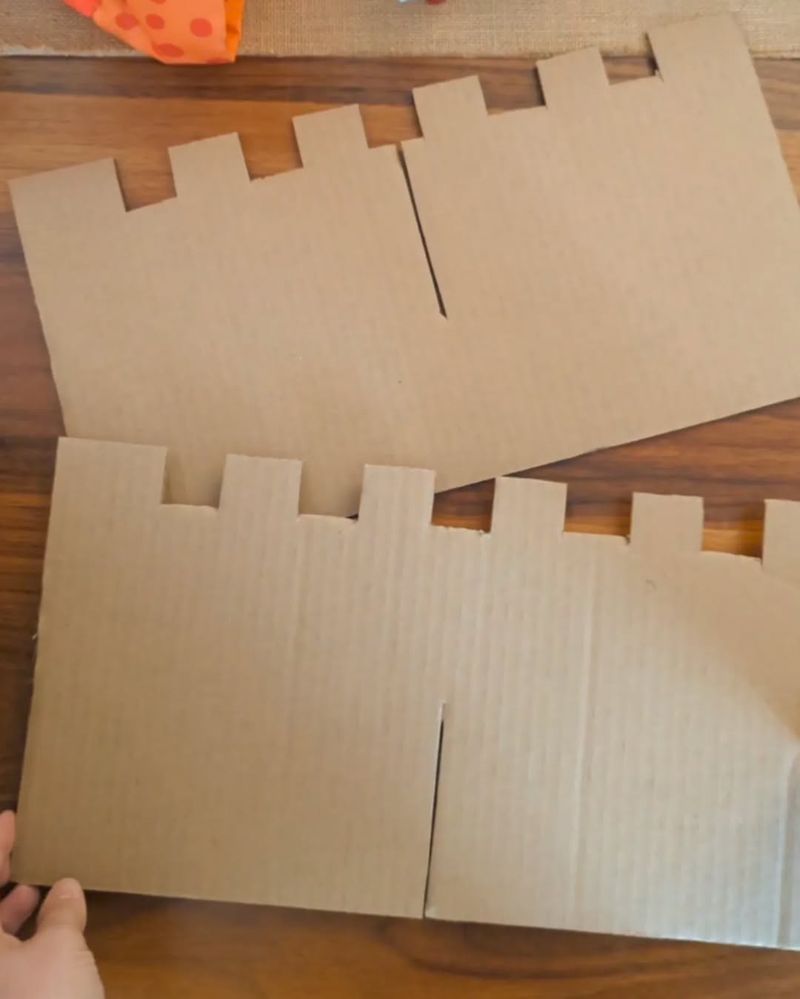
Cardboard isn’t just for shipping; it’s composting gold. Shred it to add carbon and structure to your pile. It’s a simple, effective way to recycle. Why waste cardboard when it can enrich your soil?
Add it to your compost and watch your garden grow vibrant and strong. It’s a cost-effective, eco-friendly way to boost your compost. Your plants will thrive with this extra care, and you’ll enjoy a more sustainable lifestyle.
18. Leaves
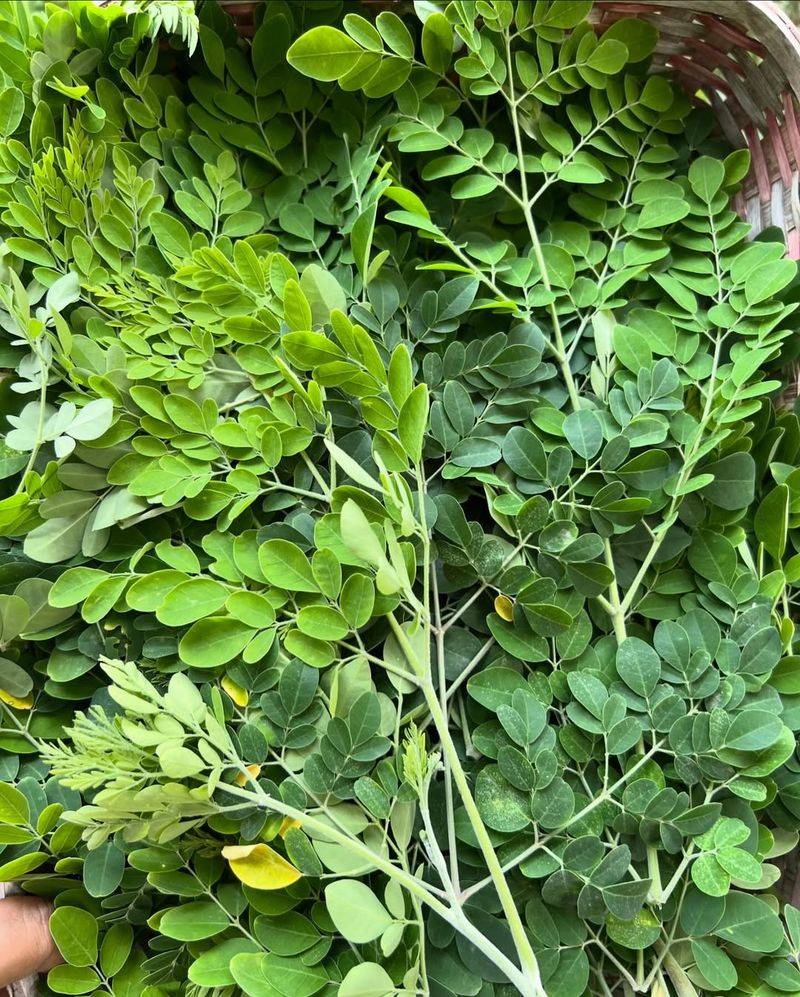
Leaves aren’t just for piling up; they’re perfect for composting. Rich in carbon, they break down slowly, adding texture and nutrients. Gather them and add them to your pile. Why let leaves go to waste when they can nourish your soil?
It’s an autumnal gift to your garden, providing essential benefits throughout the year. Your plants will flourish with this natural addition, and you’ll enjoy a vibrant, lush garden.
19. Stale Bread

Stale bread isn’t just kitchen waste; it’s compost potential. It breaks down quickly, adding organic material to your pile. Crumble it and mix it in for best results.
Why toss bread when it can enrich your soil? It’s a delicious way to boost your compost and garden. Your plants will grow healthier with this simple addition, and you’ll reduce food waste in the process. It’s a tasty step towards a thriving garden.
20. Cooked Rice
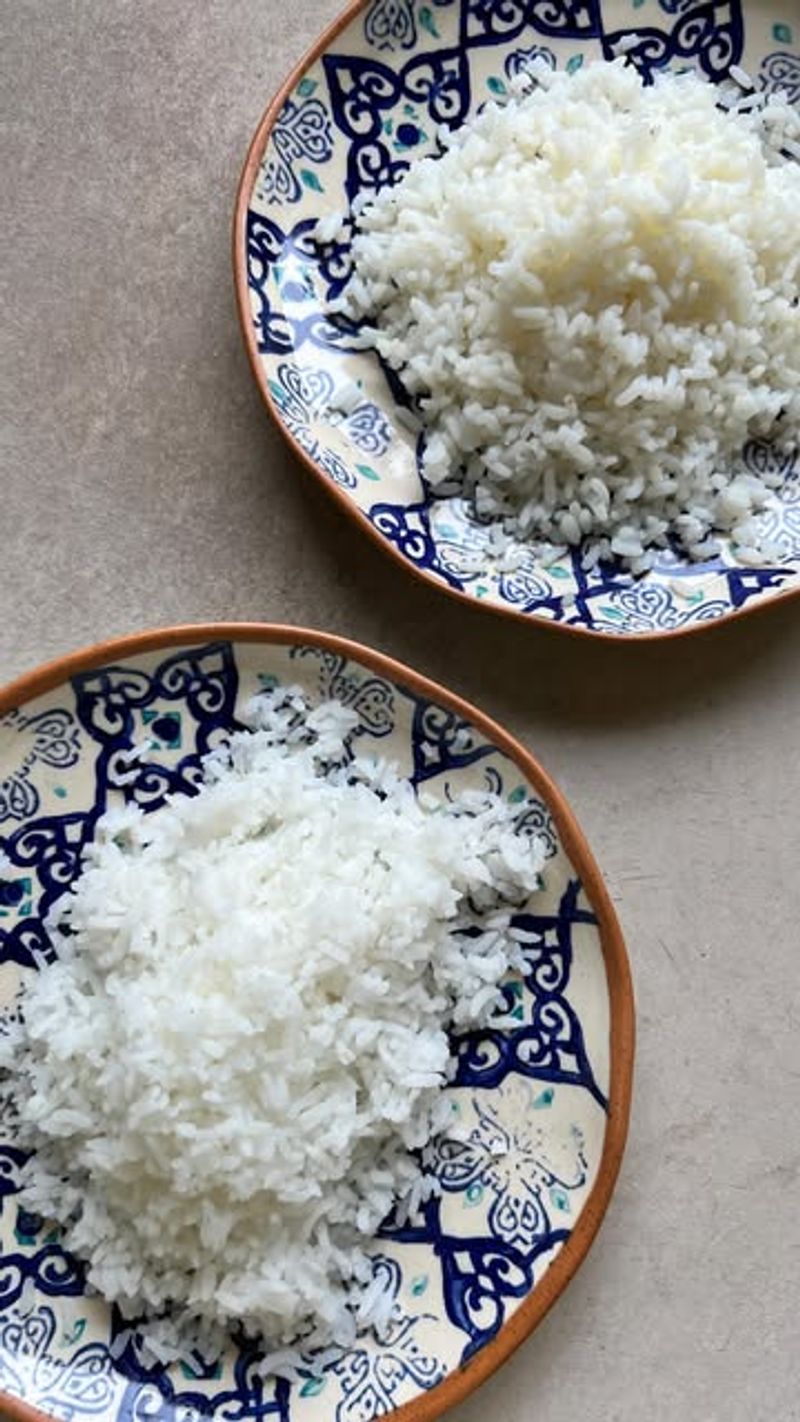
Cooked rice might seem humble, but it’s a compost delight. It breaks down quickly, adding nutrients to your pile. Mix it with other materials for balanced compost. Why let rice leftovers go to waste? It’s a simple way to enrich your soil and garden.
Your plants will thrive with this easy addition, and you’ll enjoy a more sustainable lifestyle. It’s an appetizing path to a flourishing garden, complete with lush growth.
21. Citrus Peels
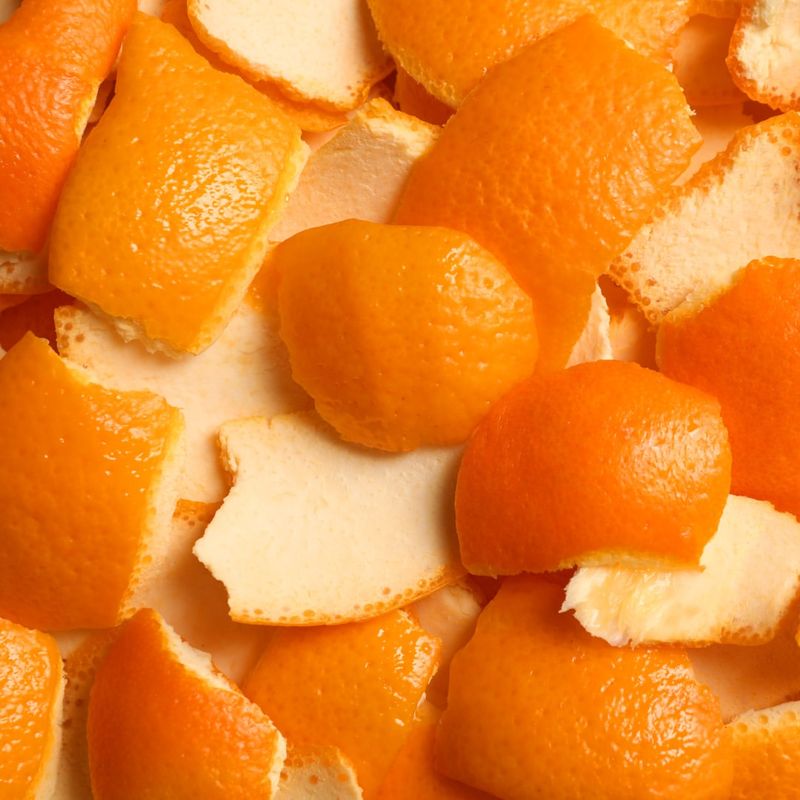
Citrus peels aren’t just fragrant; they’re compost treasures. Rich in nutrients, they break down slowly, adding wonderful benefits to your pile. Chop them for quicker decomposition and mix them in. Why waste those peels when they can boost your garden?
It’s a zesty way to enhance your compost and plants. Your garden will flourish with this citrusy touch, and you’ll love the fresh scent. It’s nature’s way of adding zest to your soil.
22. Onion Skins
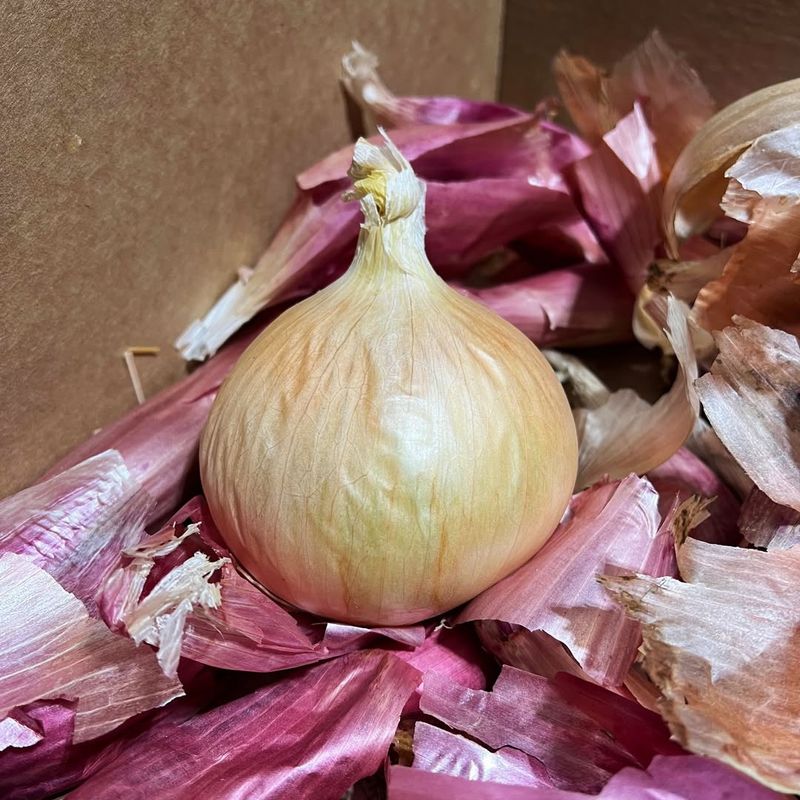
Onion skins might seem insignificant, but they’re composting gems. Rich in nutrients, they enrich your pile and promote healthy plant growth. Add them to your compost for added benefits. Why let onion skins go to waste when they can boost your garden?
It’s a simple, effective way to recycle kitchen scraps. Your plants will grow healthier with this addition, and you’ll enjoy a more sustainable kitchen. It’s a flavorful path to a thriving garden.
23. Peanut Shells
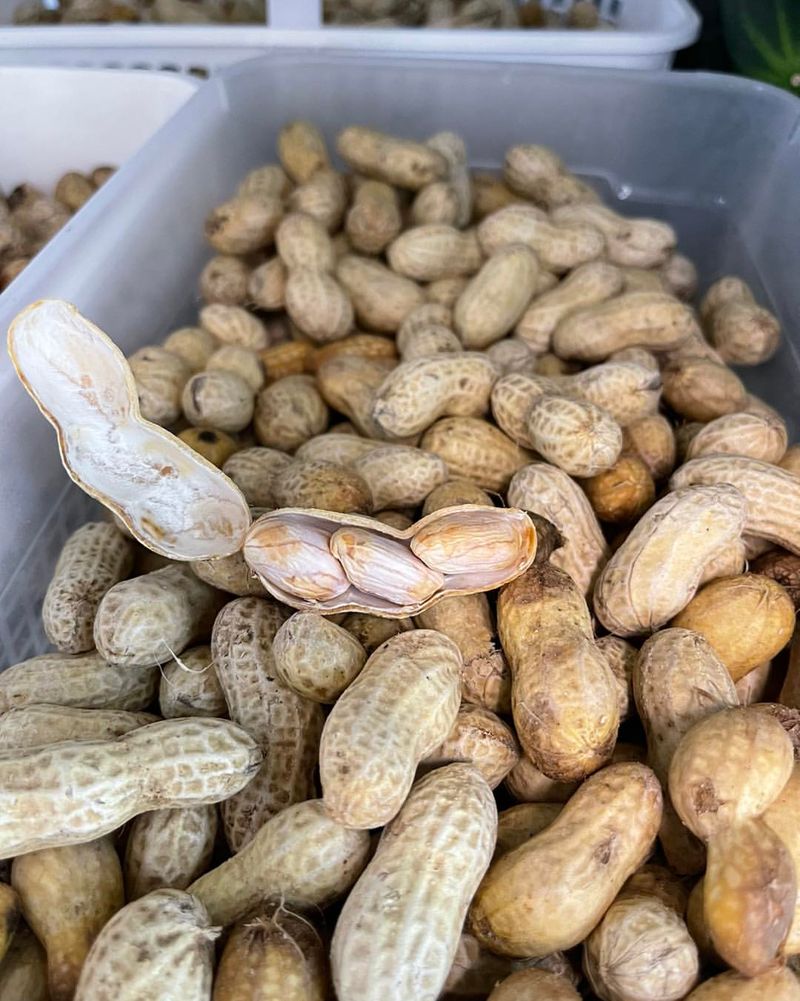
Peanut shells aren’t just snack leftovers; they’re compost delights. They break down slowly, adding nutrients and texture to your pile. Crush them for quicker results and mix them in. Why discard peanut shells when they can enrich your garden?
It’s a crunchy, sustainable way to enhance your compost. Your plants will thrive with this nutty addition, and you’ll enjoy the benefits of recycling. It’s a savory step towards a vibrant garden.
24. Cucumber Slices
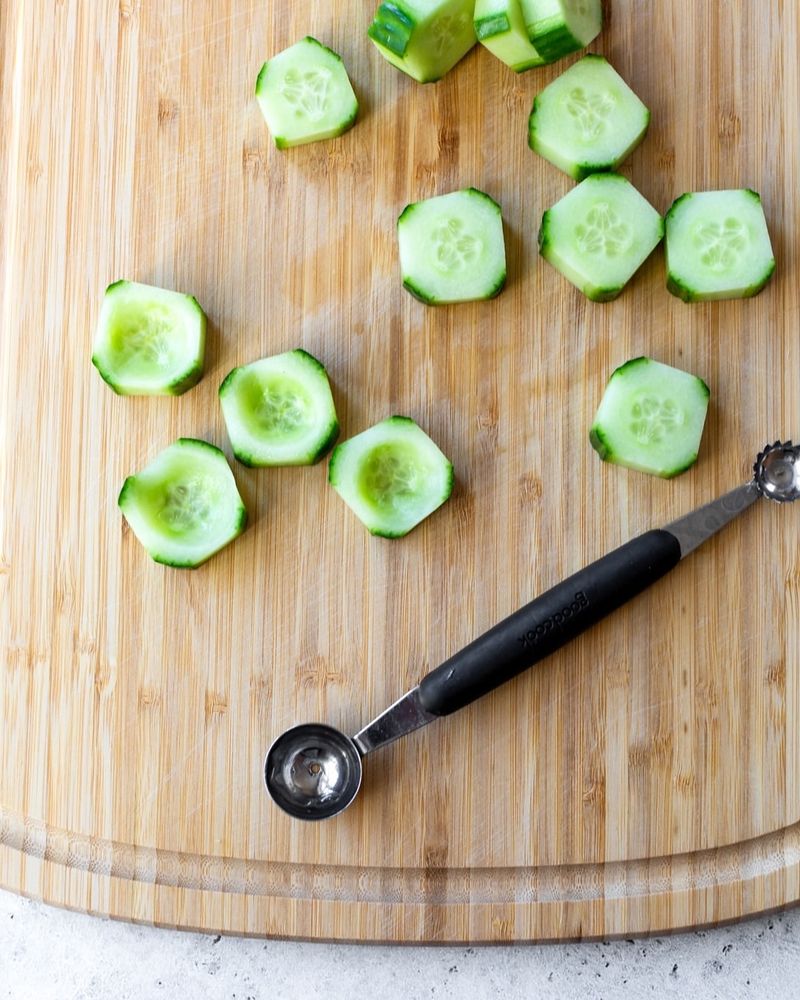
Cucumber slices might seem ordinary, but they’re compost heroes. They break down quickly, adding moisture and nutrients to your pile. Mix them in for a balanced compost. Why waste cucumber slices when they can nourish your garden?
It’s a refreshing way to boost your compost and plants. Your garden will flourish with this cool addition, and you’ll enjoy a more sustainable lifestyle. It’s a crisp path to a thriving garden.
25. Potato Skins
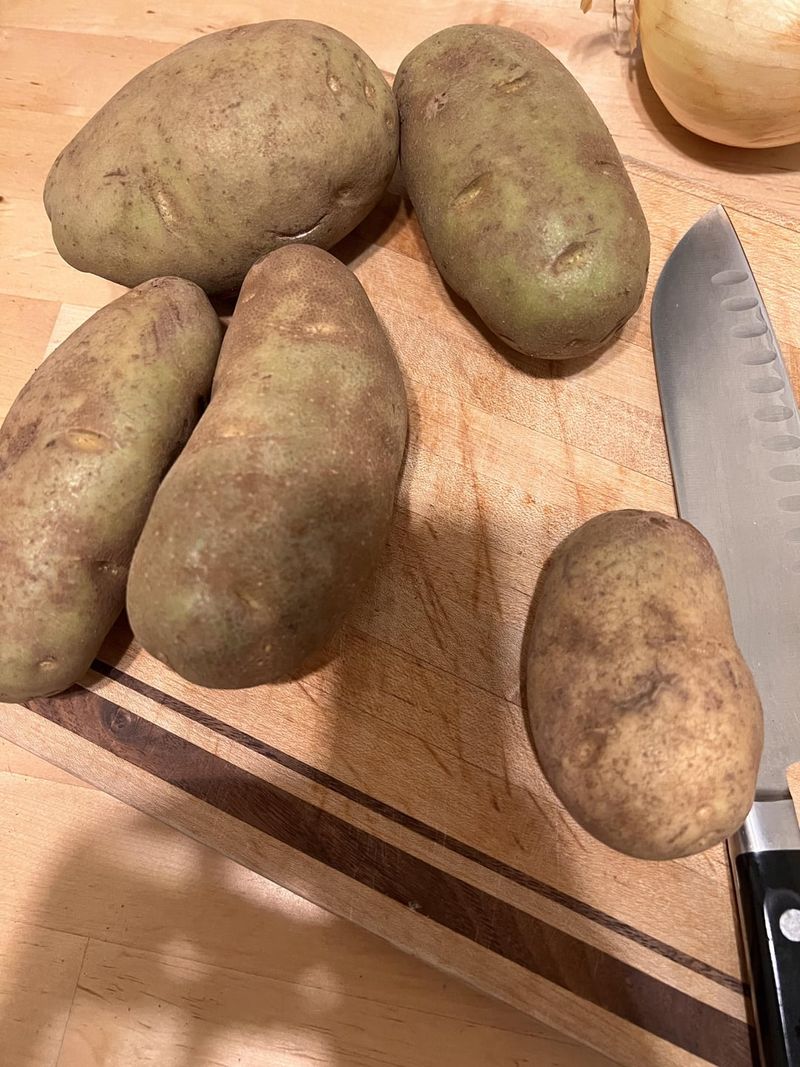
Potato skins aren’t just kitchen scraps; they’re composting wonders. Rich in nutrients, they break down easily and enrich your pile. Add them to your compost for added benefits. Why let potato skins go to waste when they can boost your garden?
It’s a simple, effective way to recycle kitchen waste. Your plants will grow healthier with this addition, and you’ll enjoy a more sustainable home. It’s a hearty path to a thriving garden.

